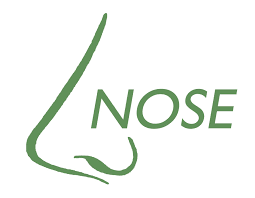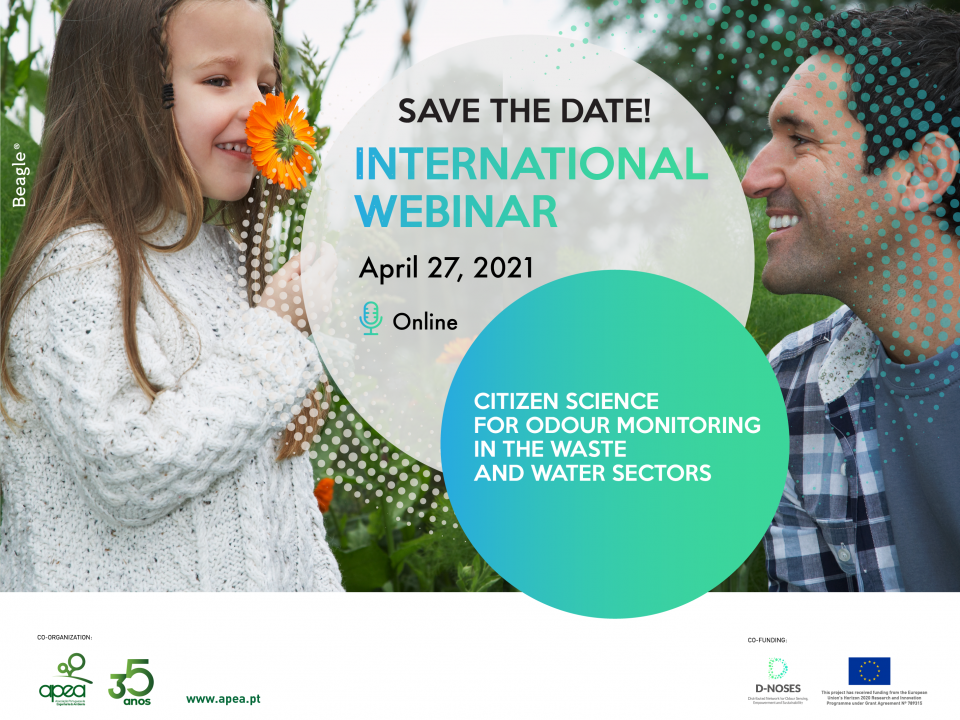- Happy or unhappy with the Odour Observatory? Tell us here!

Odour Management: a Paneuropean Odour Limit?
February 17, 2021
APEA 1st International Webinar on Citizen Science for Odour Monitoring
June 2, 2021The 7th International Conference on Environmental Odour Monitoring and Control (NOSE2020) organized by AIDIC occurred between 19th and 21st of April. This world-class event gathered odour experts from all over the world during three days. The citizen science approach for odour monitoring was one of the hot topics of the conferences and the D-NOSES project was the central representative of this methodology.
Cyntia Izquierdo, from AMIGO, presented the work carried out in Spain about the creation of a Standard to identify and assess the odour impact issues conducted by citizen science. There is currently a team of odour experts (some of them participating in D-NOSES) working on the documents, with the goal of having a first draft of a Spanish Standard in Citizen Science for Odour Monitoring by the end of the year.
The results of D-NOSES Barcelona pilot were also presented by Rosa Arias, from Ibercivis. She presented the first conclusions of the initial data analysis of the OdourCollect recordings done by the citizens. Also, a video summing up the evolution of the project was released recently.
Julia Lotesoriere, from Politecnico di Milano, presented another pilot of D-NOSES at Castellanza, Italy. This pilot is different from Barcelona, because it includes an integrated approach involving citizen science and olfactometry to identify odour sources. The main conclusion was the complementarity of the use of citizen science and the dispersion modelling.
In addition, two other D-NOSES pilots were presented (Thessaloniki and Chile). Stavros Vlachos, from ENVIROMETRICS, presented the stakeholder engagement approach that they developed in the Greek pilot for improving the impact of odour caused by different industrial activities. Finally, the Chilean pilot was presented by Gerhard Schleenstein , from ECOTEC. He explained a hybrid of data collection between field inspection and repeated brief surveying, applied in the affected area and presented the results of the pilot.
The citizen science approach presented by the D-NOSES team in this conference was a complete success, demonstrating that this methodological approach involving the communities has been brought to the attention of odour experts.
By Miguel Hernández




